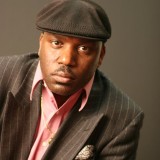Musicology (The Study of Writing Songs & Song Lyrics)
by Robert Gardiner Aug 14, 2018
category :
Miscellaneous /
Misc. poems
|
Musicology (The Study of Writing Songs & Song Lyrics) |
